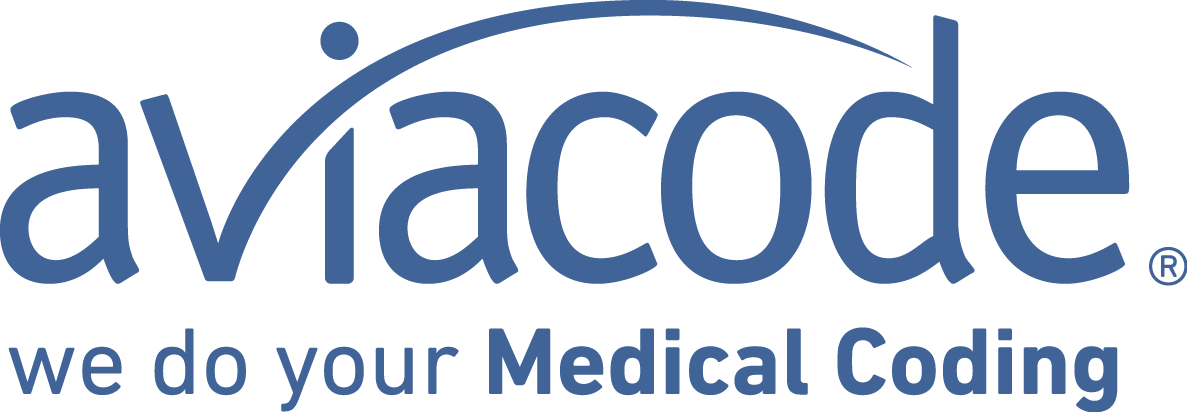
Coding audits provide insight into the process of coding itself according to ICD10Monitor's article entitled "Coding Audits: A Compliance Necessity". Although coding audits typically include the review and analysis of the medical record documentation and coding, the article also suggests that one should also review coding policies and procedures, as well as coding operational functions.
The article highlights eight key steps to coding audits:
- Identify who will perform the coding audit. Will it be internal auditors, external auditing staff, or both? It is important to select those who have the requisite experience and qualifications.
- Develop the scope of the coding audit. It should include setting types (inpatient, outpatient, physician office, etc.). It needs to determine volume of records to be audited (number of encounters), which should be representative of an audit size that is relevant and time frame appropriate (by quarter, one specific month, etc.). Should the audit be random versus focused (or a combination)? And it is important to define a coding variance or error so there are no surprises at the end of the audit.
- Determine the type of coding audit. Will it be prospective (pre-bill) and/or retrospective (post claim paid)? Ensure that both diagnosis and procedure (both ICD-10-CM/PCS and CPT) codes are audited.
- Secure auditing resources and tools. These should include ICD-10-CM/PCS guidelines, code books, editions of the American Hospital Association (AHA) Coding Clinic, the CPT code book, American Medical Association (AMA) CPT Assistant, Centers for Medicare & Medicaid Services (CMS) manual, and CMS transmittals, etc. Request the coding policies and procedures as well as query forms or templates. Also, request the documented workflow of the coding process to gain a clear understanding of the process and data flow.
- Perform chart review and process (auditing function). While performing the review (reading over the medical record documentation and the clinical coding), the claim/UB will often be utilized. One should document the findings on an audit worksheet tool, and provide a written explanation of the findings and justification by quoting official sources.
- Create an audit summary (include patterns and trends), list of recommendations, and a next audit time frame in a written narrative summary report. In addition, there should be a verbal presentation of the audit findings. Allow time for the coding staff to review the findings and provide their input and/or response. The article's author suggests it should be done in a timely manner – not more than 7-8 business days later and is “educational,” not punitive.
- Implement corrective action and resolution of coding errors (variances). This includes any rebilling of overpayments (rebill within 60 days of the overpayment confirmation) or underpayment that resulted from the changes in the clinical coding. It is important to document this process and confirm its completion. If there are systemic patterns or trends, you may need to include your compliance and legal staff to help determine future corrective actions (refunds) or audits.
- Conduct supportive education to health information management (HIM) coding staff, CDI staff, and also physicians.
Coding audits provide not only regulatory compliance benefits, but also can be key quality control processes to ensure coding and clinical documentation is up to par. The ultimate benefit is that providers are getting the reimbursement optimally supported by the documentation.
Aviacode has experienced AAPC and AHIMA coding auditors ready to provide independent coding audits, whether you need them on a routine basis such as annually to monthly, or on ad-hoc basis to ensure a new vendor or new coding processes are working. Identifying issues early helps providers to get reliable first-pass claim reimbursements faster, which is extremely important in today's lean healthcare finances.


